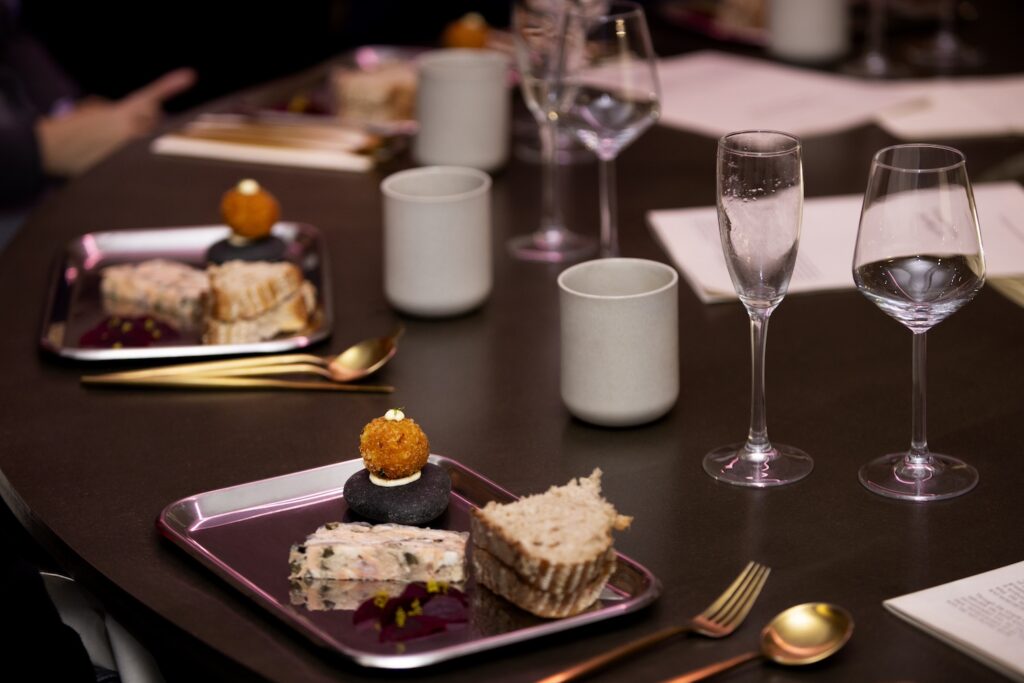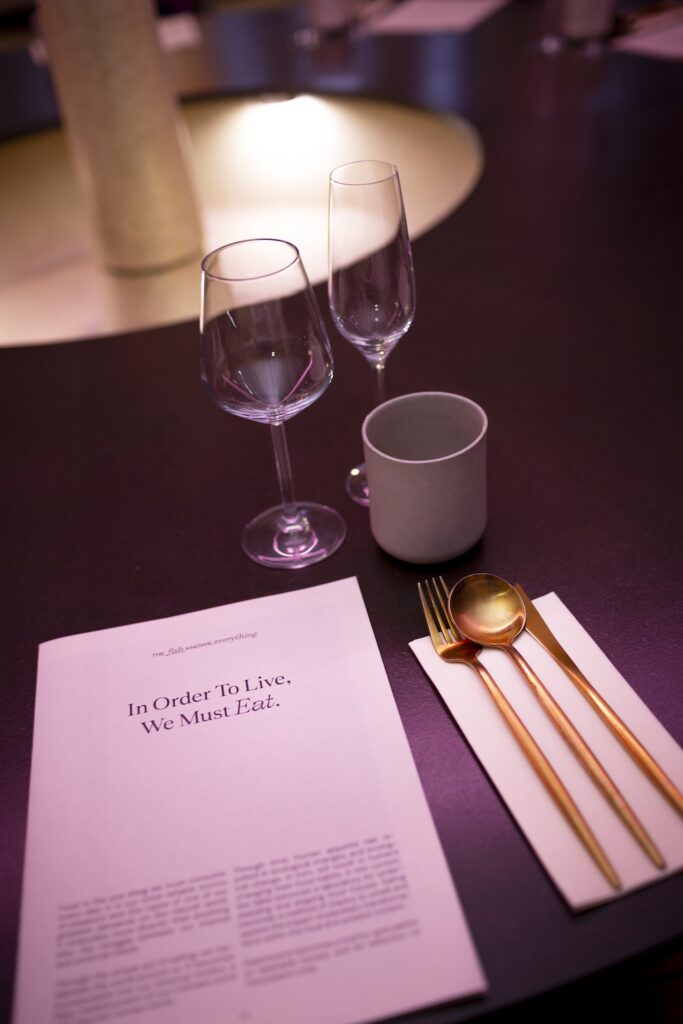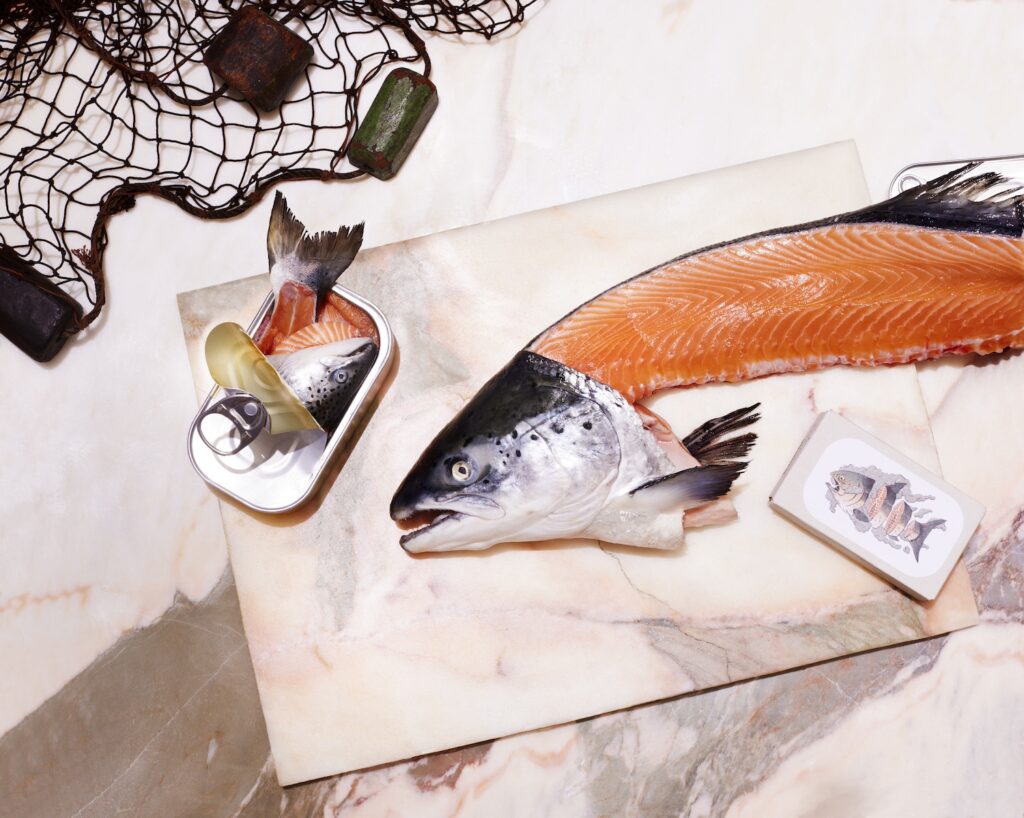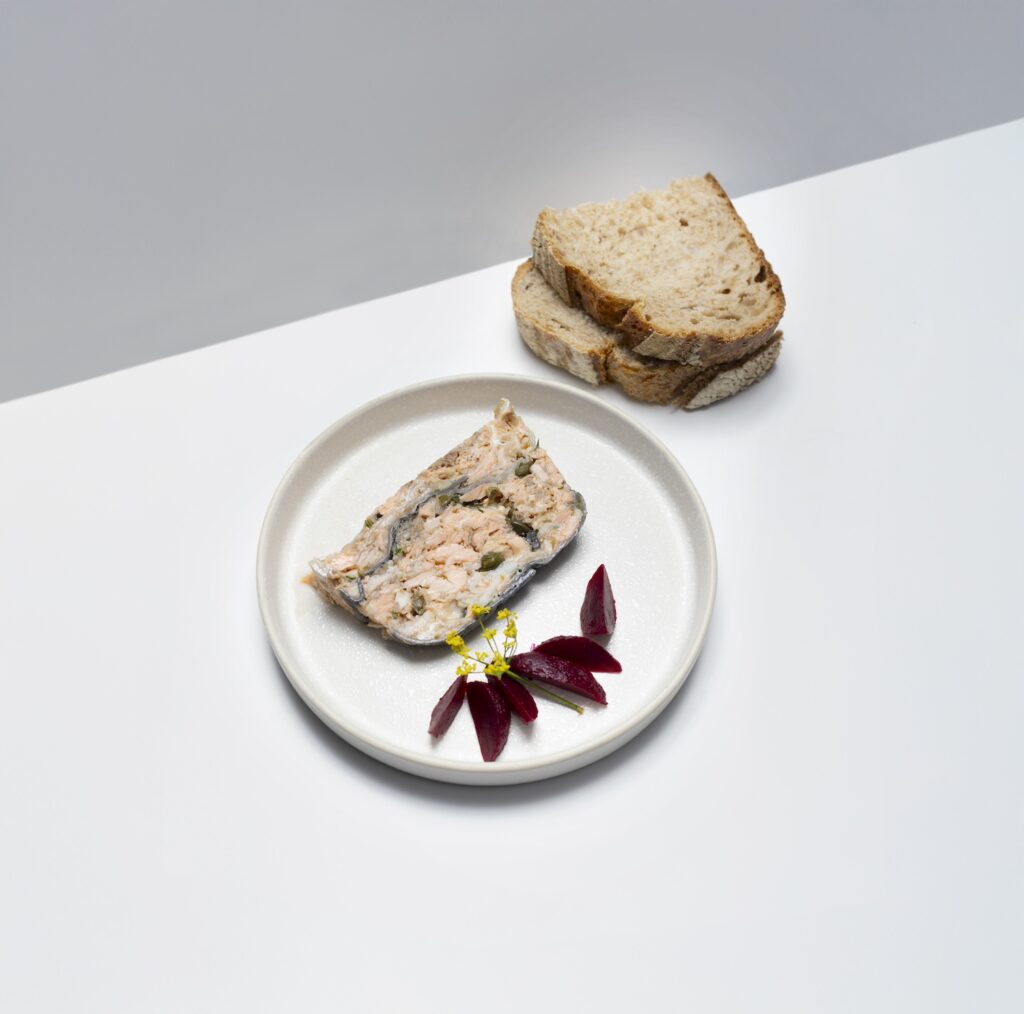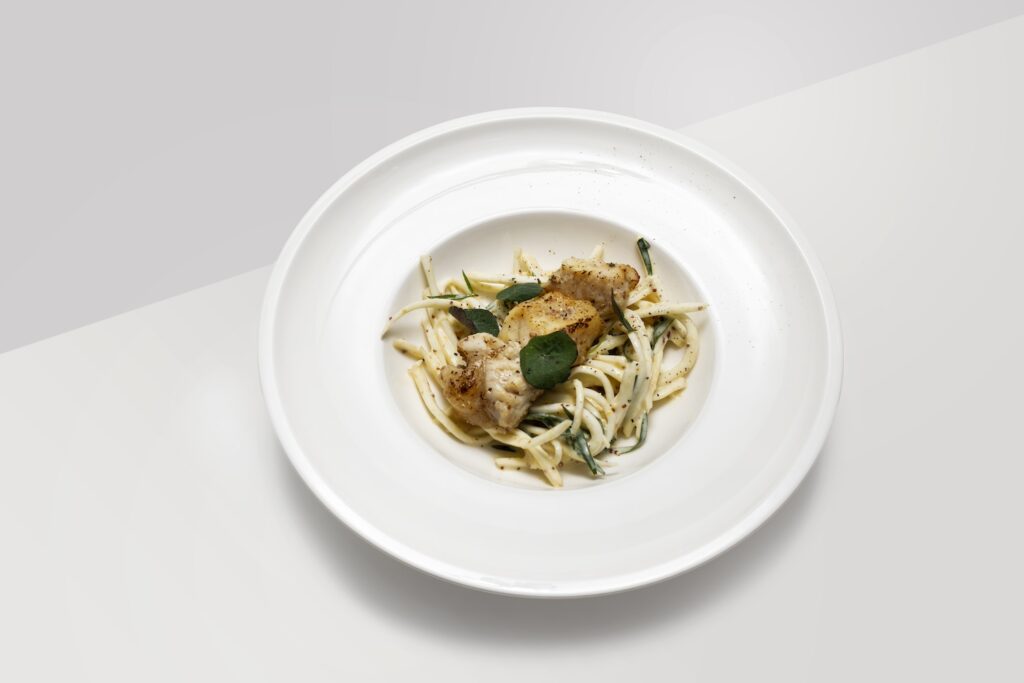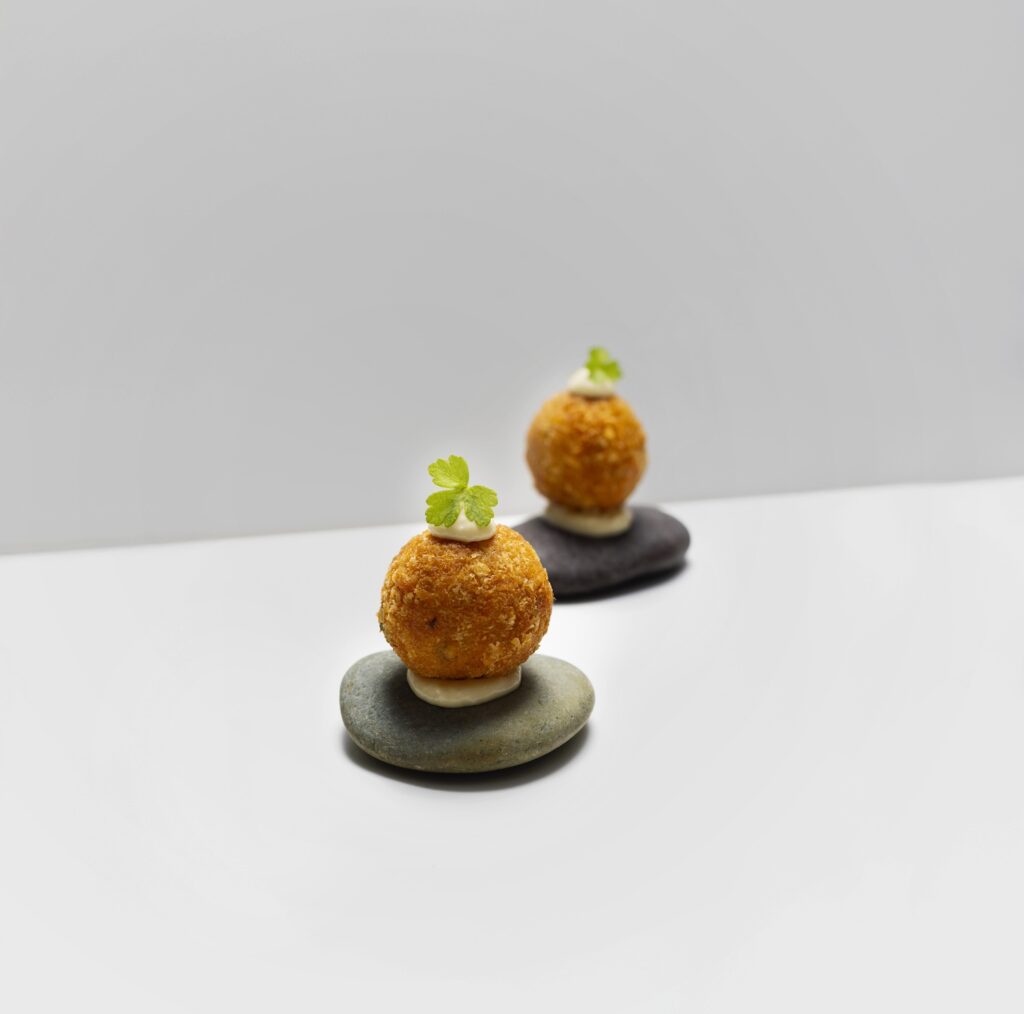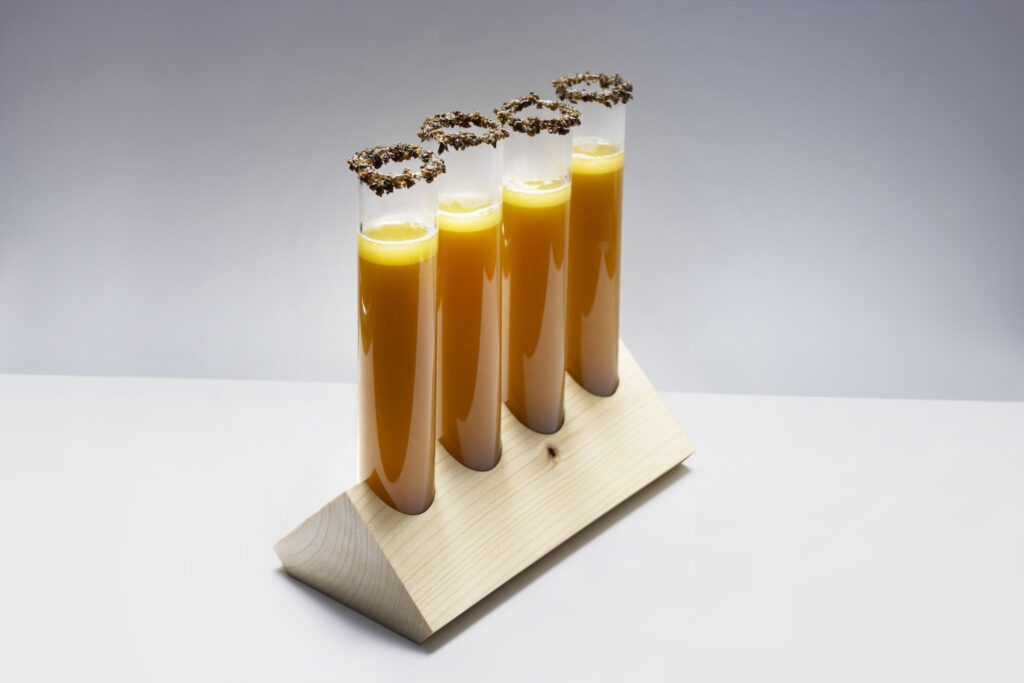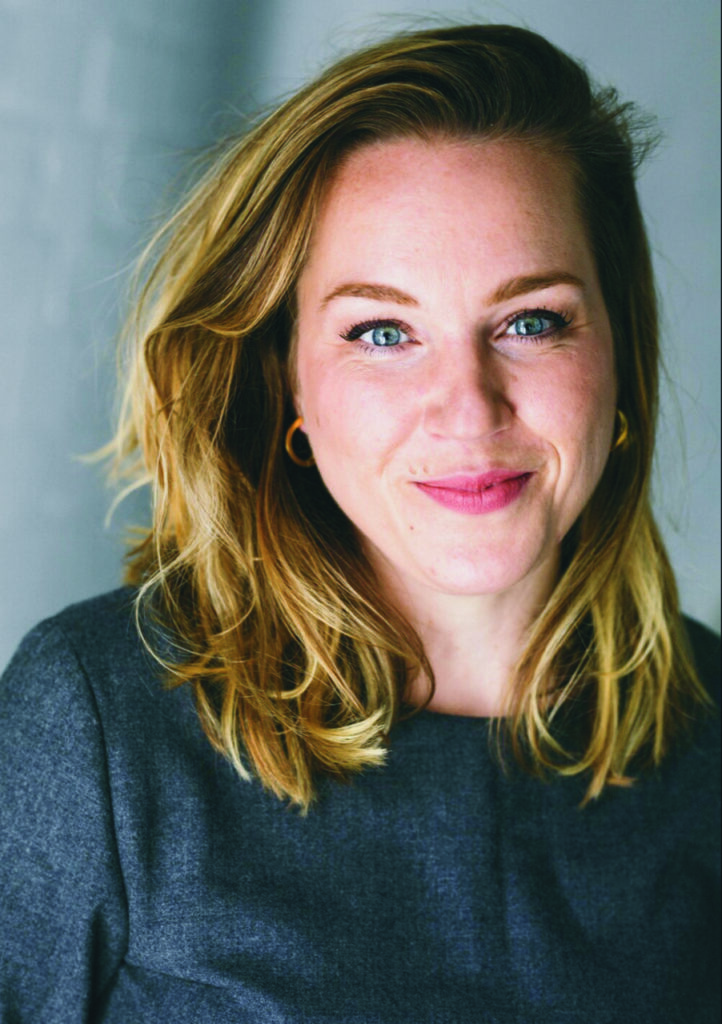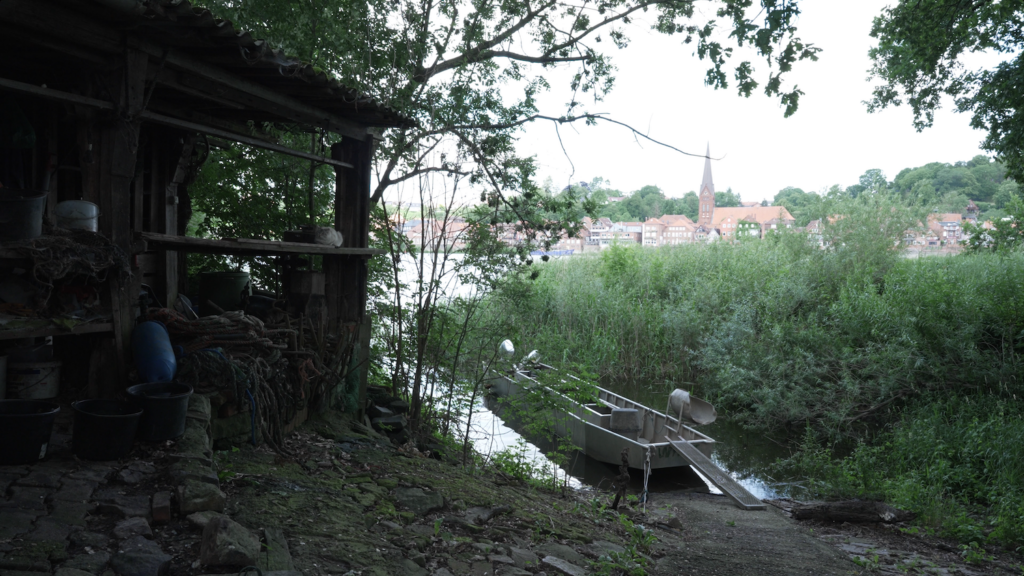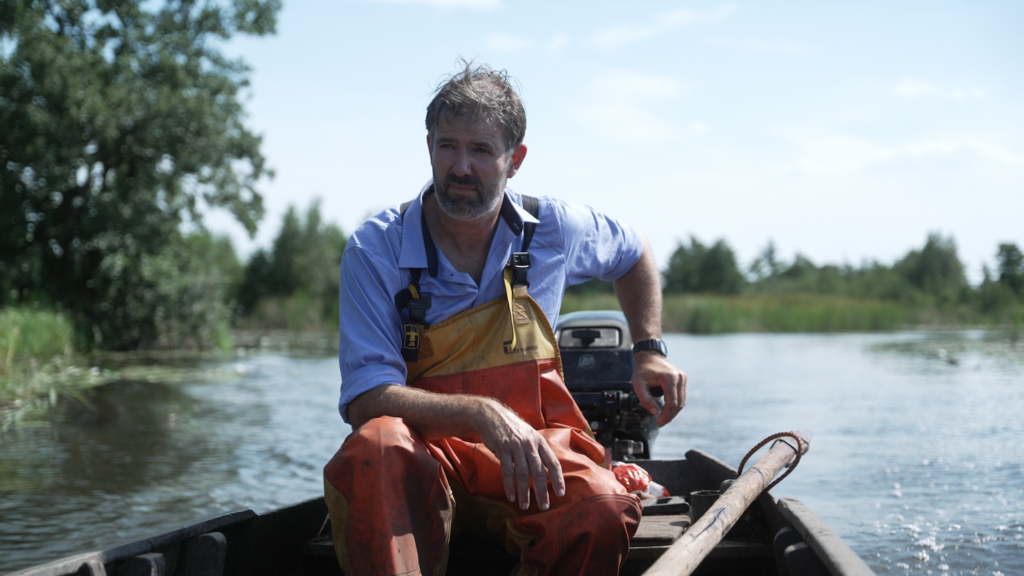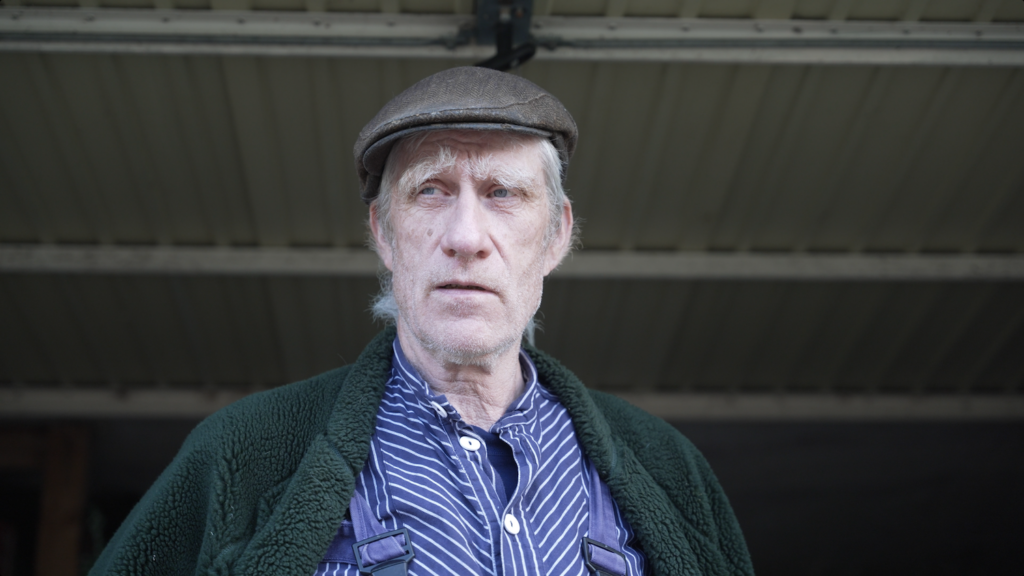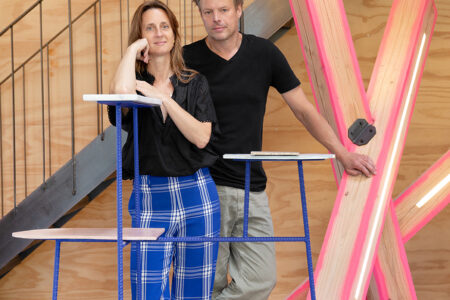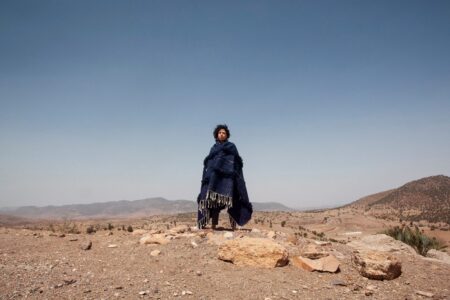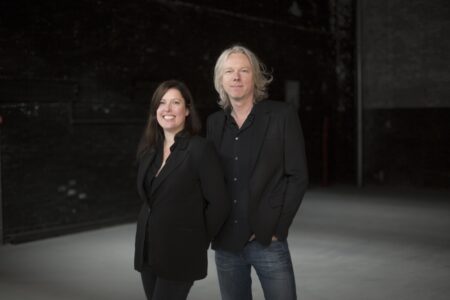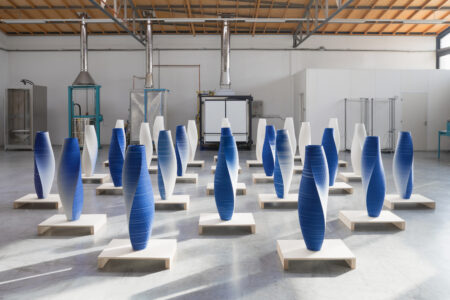The Fish Knows Everything: Dutch Design Week 2024
TLmag spoke to Katinka Versendaal about her new project, The Fish Knows Everything, which was presented in a unique space in the former Campina milk factory during Dutch Design Week 2024.
“In order to live, we must eat,” states Katinka Versendaal, who has made this basic truth the root of her multi-disciplinary, research and design driven studio in Holland. Together with her team, they explore the relationships between humans and other life forms around us – be it rivers, fish or microbes – to see how we can establish more thoughtful and beneficial relationships to create a better future. Versendaal refers to her practice as Speculative Gastronomy, which is connected to the idea of Speculative Design, as she explains, “[we are] trying to create an understanding or shape a future that is sustainable and desirable – and tackling that thru gastronomy.”
Versendaal received her BA in product design from the Dutch Design Academy in Eindhoven, and the institution’s conceptual and questioning approach to design has stayed with her over the years. She received an MA in Food Design and Innovation from the Polytechnic Institute in Milan, an entirely different style of education, but one that opened her eyes up to the realities of our food systems, supply and global trade, things that she was not entirely ok with in terms of the mass production and negative environmental toll. For Versendaal, food is the best medium to discuss the larger, critical topics around food structures, systems and the environment because of its direct connection. She sees food as a democratizing medium, one in which we all of some level of experience from eating it to cooking it.
The unfortunate reality is that there are many species which have died out or are near to extinction and can no longer be enjoyed as food. This not only hurts generations-long farmers whose livelihood was built around it, but on a larger scale, causes damage to the whole ecosystem. Fish is one of these complicated ingredients. It is one of the best things we can eat as humans, but the mystery and uncertainty of what kind of fish we can eat or not is complicated and unclear. Which species are good? What is farmed or fresh? Mercury levels and plastic particles… all are huge concerns. For these reasons and more, fish was the medium for The Fish Knows Everything, a week-long event that took place during Dutch Design Week 2024.
The Fish Knows Everything is part of a larger project called The __ Knows Everything, so as to address other issues from soil to beef. At DDW 2024, Versendaal worked with chef Shuang Xu to develop a four-course meal that, as she writes, “examined the lives of the nearly extinct European Eel, the invasive American Crayfish, the for-sportfishing-released European Catfish, and the nowadays extinct in European rivers, but once one of the most consumed fishes worldwide, Atlantic Salmon.” Also working on the project were Miguel Teodoro, Angie Diaz Benitez and Joe Sartorius, with whom she made a short film about the last fishermen of the Northern European rivers and wetlands, specifically the German river Elbe, made during a fellowship in Hamburg.
The event took place in the former Campina milk factory, an enormous, industrial space where Phood Farm is located, an inventive aquaponic farm, community farm and food forest with whom Versendaal often collaborates. They also worked with three fishermen on this DDW project: Olaf Jensen, a well-known activist for the eel, a fish he has long smoked and fished; Stefan Lok, a fisherman and reed grower in Giethoorn, Netherlands, and Eckard Panz, one of the last 5 Elbe river fishermen still fishing today. His family’s connection with fishing goes back to 1597. Dishes included a warm and umami-enriched eel broth with crispy salted eel skin. Versendaal notes that while the eel population has dropped over 90% due to several factors including dams, water management systems and toxic pollutants, local experts suggest that to have eel disappear completely from the menu would erase its vital past, so consult with local regenerative fishing practices who are reintroducing glass eels into safer waters. A crayfish croquette or Dutch bitterbal, took its inspiration from an invasive species, the American River Shrimp, or crayfish, not at all common in Dutch households. The bitterbal, which uses the peels for broth and little meet for filling, is a way to show how this species, apparently here for some time, is suitable to eat and enjoy. Many elderly fishermen have memories of seeing an abundance of salmon being fished in the rivers, but today, that is no longer the reality. Whether through overfishing or human development blocking its migration or industrial pollution, this beloved fish is not doing well and farming is not always a simple solution. For this dish, Versendaal wanted to redefine our complicated relationship with the salmon, to understand the fish in a new light and with respect. The result: a Dutch Kopkaas or head-cheese, that is like a traditional French pâté, using the ‘waste’ parts: heads, tails and bones, to see other potentials of the Atlantic Salmon.
The __ Knows Everything is soon launching an online platform open to anyone who may have questions or be seeking advice and insight into local ingredients and want ideas for how to prepare them. As Versendaal says, “Telling stories, shaping recipes, food prep and cooking dishes is all leading to advocate for a different way of seeing the world and different potential futures that we could strive to attain.”
@katinka_versendaal
@the_knowseverything
